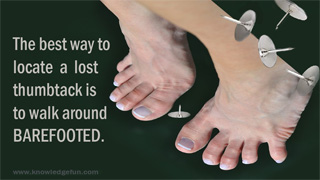Prevent the Spread of Infectious Disease
The cheapest and most effective way to prevent the spread of infectious disease is by washing hands. Yet it is estimated that one of every three people does not wash up hands after using the washroom. Washing your hands thoroughly and often may reduce your chance of getting sick. Use soap and warm running water and...








